Section 44AA of the Income Tax Act 1961 outlines the requirement for certain individuals and entities engaged in specified professions or businesses to maintain books of accounts and other documents.
Taxpayers while filing ITR not follow these requirements and got Income Tax notices later and their ITR became Invalid. so you should be careful about this requirement.
First you should know what are Books of Accounts:
Books of accounts refer to the records maintained by individuals, businesses, or professionals to accurately record their financial transactions. These records provide a systematic and organized account of all financial activities, including income, expenses, assets, liabilities, and capital.
The types of records included in books of accounts may vary depending on the nature and size of the business or profession, but commonly they consist of:
- Ledgers: Ledgers are a primary component of books of accounts, containing accounts for various financial transactions categorized by type, such as sales, purchases, expenses, and revenues.
- Cash Book: This records all cash transactions, including both receipts and payments, providing a detailed account of cash flow.
- Journal: The journal is used to record transactions chronologically before they are posted to the respective ledger accounts. It serves as the initial entry point for transactions.
- Bank Statements: Bank statements are essential for reconciling cash transactions and ensuring accuracy in recording banking activities.
- Sales and Purchase Registers: These registers track sales made by the business and purchases made for the business, including details such as date, amount, customer/vendor name, and transaction type.
- Inventory Records: Businesses that deal with inventory maintain records of their stock, including quantities, values, and movements.
- Expenses Records: This includes documentation of all expenses incurred by the business, categorized by type (e.g., rent, utilities, salaries, etc.).
- Financial Statements: Financial statements, such as the income statement, balance sheet, and cash flow statement, summarize the financial performance and position of the business over a specific period.
Let’s Read the language of Law and its interpretation:
Maintenance of accounts by certain persons carrying on profession or business.
44AA. (1) Every person carrying on legal, medical, engineering or architectural profession or the profession of accountancy or technical consultancy or interior decoration or any other profession as is notified by the Board in the Official Gazette shall keep and maintain such books of account and other documents as may enable the Assessing Officer to compute his total income in accordance with the provisions of this Act.
So Professionals such as legal practitioners, medical practitioners, engineers, architects, accountants, technical consultants, and interior decorators are mandated to maintain books of accounts
(2) Every person carrying on business or profession [not being a profession referred to in sub-section (1)] shall,—
(i) if his income from business or profession exceeds one lakh twenty thousand rupees or his total sales, turnover or gross receipts, as the case may be, in business or profession exceed or exceeds ten lakh rupees in any one of the three years immediately preceding the previous year; or
Additionally, individuals or entities engaged in businesses or professions, excluding those mentioned above, are also required to maintain books of accounts if:
- Their income from business or profession exceeds Rs.120000, or
- Their total sales, turnover, or gross receipts in business or profession exceed Rs.10 Lakh in any one of the three years immediately preceding the previous year
(ii) where the business or profession is newly set up in any previous year, if his income from business or profession is likely to exceed one lakh twenty thousand rupees or his total sales, turnover or gross receipts, as the case may be, in business or profession are or is likely to exceed ten lakh rupees, during such previous year; or
The business or profession is newly set up, and the income or total sales are likely to exceed the prescribed thresholds during the previous year, or
(iii) where the profits and gains from the business are deemed to be the profits and gains of the assessee under section 44AE or section 44BB or section 44BBB, as the case may be, and the assessee has claimed his income to be lower than the profits or gains so deemed to be the profits and gains of his business, as the case may be, during such previous year; or
The profits and gains from the business are deemed under certain sections of the Income Tax Act, and the assessee has claimed lower income than the deemed profits or gains, or
(iv) where the provisions of sub-section (4) of section 44AD are applicable in his case and his income exceeds the maximum amount which is not chargeable to income-tax in any previous year,
The provisions of section 44AD(4) are applicable, and the income exceeds the maximum amount not chargeable to income tax in any previous year.
keep and maintain such books of account and other documents as may enable the Assessing Officer to compute his total income in accordance with the provisions of this Act:
Provided that in the case of a person being an individual or a Hindu undivided family, the provisions of clause (i) and clause (ii) shall have effect, as if for the words “one lakh twenty thousand rupees”, the words “two lakh fifty thousand rupees” had been substituted :
Provided further that in the case of a person being an individual or a Hindu undivided family, the provisions of clause (i) and clause (ii) shall have effect, as if for the words “ten lakh rupees”, the words “twenty-five lakh rupees” had been substituted.
Threshold Modifications for Individuals and Hindu Undivided Families
- For individuals and Hindu undivided families, the prescribed thresholds mentioned in clauses (i) and (ii) are modified as follows:
- “Rs.125000″ is substituted with “Rs.250000.”
- “Rs.10Lakh” is substituted with “Rs.25 Lakhs.”
(3) The Board may, having regard to the nature of the business or profession carried on by any class of persons, prescribe71, by rules, the books of account and other documents (including inventories, wherever necessary) to be kept and maintained under sub-section (1) or sub-section (2), the particulars to be contained therein and the form and the manner in which and the place at which they shall be kept and maintained.
(4) Without prejudice to the provisions of sub-section (3), the Board may prescribe, by rules, the period for which the books of account and other documents to be kept and maintained under sub-section (1) or sub-section (2) shall be retained.
The books of account and other documents prescribed in Rule 6f are as follows:-
Books of account and other documents to be kept and maintained under section 44AA(3) by persons carrying on certain professions.
6F. (1) Every person carrying on legal, medical, engineering or architectural profession or the profession of accountancy or technical consultancy or interior decoration or authorised representative or film artist shall keep and maintain the books of account and other documents specified in sub-rule (2) :
[Provided that nothing in this sub-rule shall apply in relation to any previous year in the case of any person if his total gross receipts in the profession do not exceed 150000 rupees in any one of the three years immediately preceding the previous year,
or, where the profession has been newly set up in the previous year, his total gross receipts in the profession for that year are not likely to exceed the said amount.]
(2) The books of account and other documents referred to in sub-rule (1) shall be the following, namely:—
| (i) | a cash book; | |
| (ii) | a journal, if the accounts are maintained according to the mercantile system of accounting; | |
| (iii) | a ledger; | |
| [(iv) | carbon copies of bills, whether machine numbered or otherwise serially numbered, wherever such bills are issued by the person, and carbon copies or counterfoils of machine numbered or otherwise serially numbered receipts issued by him: | |
| Provided that nothing in this clause shall apply in relation to sums not exceeding twenty-five rupees;] | ||
| (v) | original bills wherever issued to the person and receipts in respect of expenditure incurred by the person or, where such bills and receipts are not issued and the expenditure incurred does not exceed fifty rupees, payment vouchers prepared and signed by the person: | |
| [Provided that the requirements as to the preparation and signing of payment vouchers shall not apply in a case where the cash book maintained by the person contains adequate particulars in respect of the expenditure incurred by him.] |
Explanation : In this rule,—
| (a) | “authorised representative” means a person who represents any other person, on payment of any fee or remuneration before any Tribunal or authority constituted or appointed by or under any law for the time being in force, but does not include an employee of the person so represented or a person carrying on legal profession or a person carrying on the profession of accountancy; | |
| (b) | “cash book” means a record of all cash receipts and payments, kept and maintained from day-to-day and giving the cash balance in hand at the end of each day or at the end of a specified period not exceeding a [month]; | |
| (c) | “film artist” means any person engaged in his professional capacity in the production of a cinematograph film whether produced by him or by any other person, as— |
| (i) | an actor; | |
| (ii) | a cameraman; | |
| (iii) | a director, including an assistant director; | |
| (iv) | a music director, including an assistant music director; | |
| (v) | an art director, including an assistant art director; | |
| (vi) | a dance director, including an assistant dance director; | |
| (vii) | an editor; | |
| (viii) | a singer; | |
| (ix) | a lyricist; | |
| (x) | a story writer; | |
| (xi) | a screen-play writer; | |
| (xii) | a dialogue writer; and | |
| (xiii) | a dress designer. |
(3) A person carrying on medical profession shall, in addition to the books of account and other documents specified in sub-rule (2), keep and maintain the following, namely :—
| (i) | a daily case register in Form No. 3C; | |
| (ii) | an inventory [under broad heads,] as on the first and the last day of the previous year, of the stock of drugs, medicines and other consumable accessories used for the purpose of his profession. |
(4) The books of account and other documents specified in sub-rule (2) and sub-rule (3) [other than those relating to a previous year which has come to an end] shall be kept and maintained by the person at the place where he is carrying on the profession or, where the profession is carried on in more places than one, at the principal place of his profession:
Provided that where the person keeps and maintains separate books of account in respect of each place where the profession is carried on, such books of account and other documents may be kept and maintained at the respective places at which the profession is carried on.
(5) The books of account and other documents specified in sub-rule (2) and sub-rule (3) shall be kept and maintained for a period of [six] years from the end of the relevant assessment year:
[***]
Provided [***] that where the assessment in relation to any assessment year has been reopened under section 147 of the Act within the period specified in section 149 of the Act, all the books of account and other documents which were kept and maintained at the time of reopening of the assessment shall continue to be so kept and maintained till the assessment so reopened has been completed.]
[(6) Notwithstanding anything contained in sub-rules (1) to (3), it shall not be necessary for any person carrying on any of the professions specified in sub-rule (1) to keep and maintain the books of account and other documents specified in sub-rule (2) or sub-rule (3) in relation to any previous year commencing before the [first day of March, 1983].]
Brief
- Cash Book, Journal and Ledgers
- Carbon copy of Bills issued in excess of 25 rupees
- Original bill for expenditure incurred in excess of 50 rupees
Medical professional: In addition to above should maintain:
- Daily case register in Form 3C
- An inventory (Opening and closing) of drugs, consumables etc.
Place of Maintenance:
Applicable books or documents shall be kept and maintained at the place of carrying of profession. (Principal place in case of multiple location)
Period of Maintenance:
Applicable books or documents shall be kept and maintained for 6 years from the end of relevant AY.
Books of accounts to be retain for a period of 6 years from the end of the relevant AY, penalty u/s 271A of Rs.25000 applicable in case of disobey
Visit www.cagurujiclasses.com for practical courses


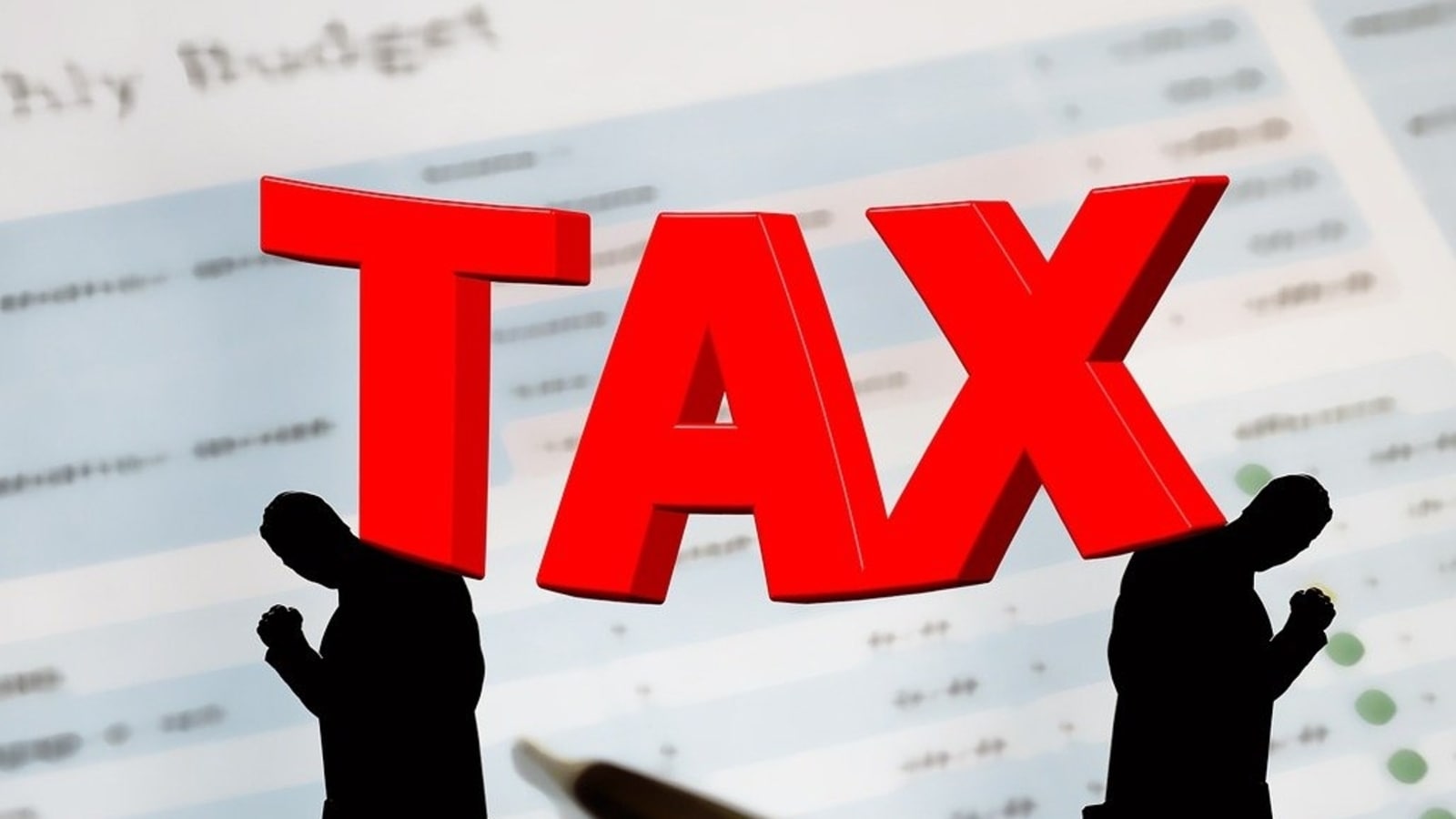
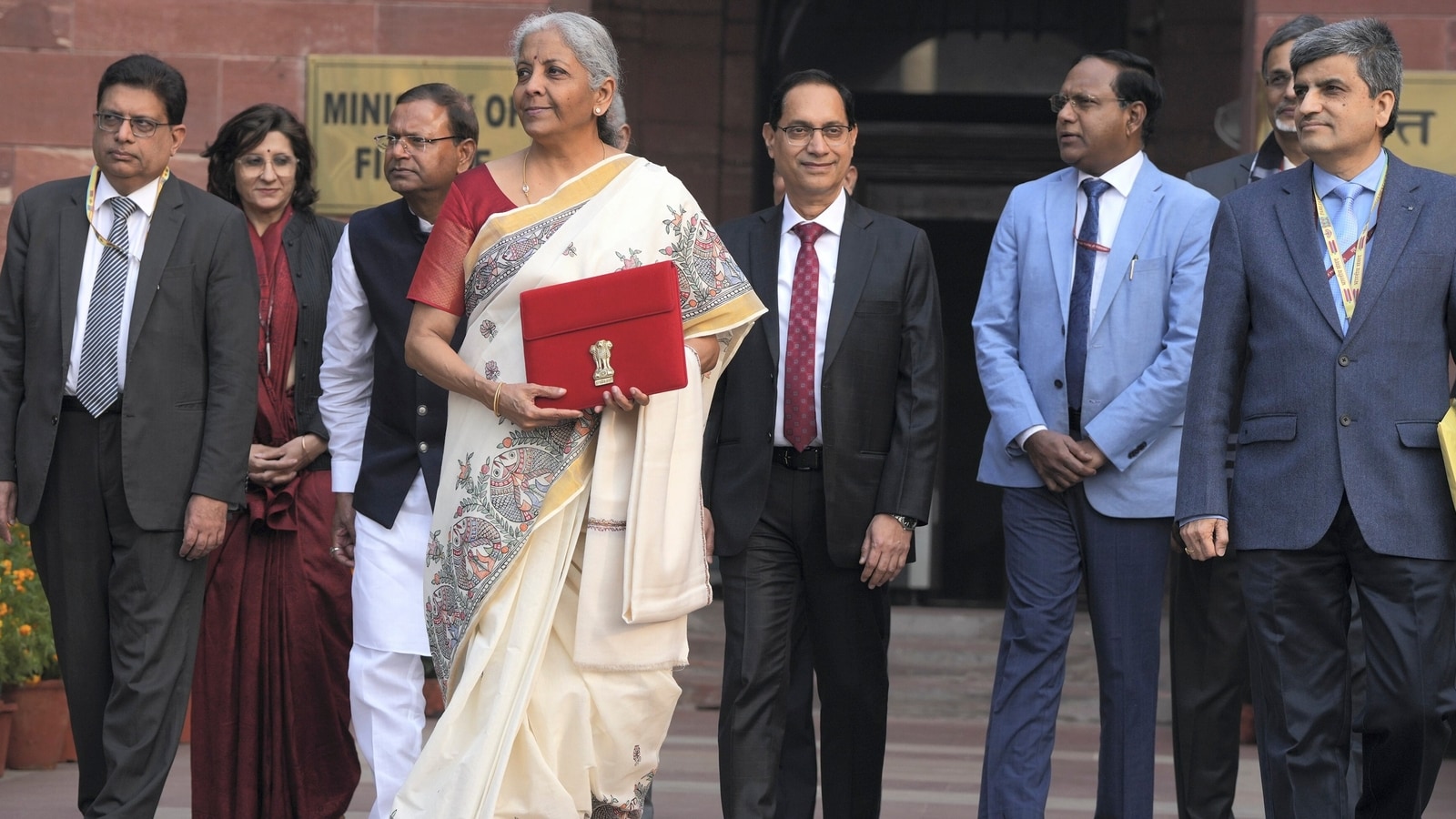

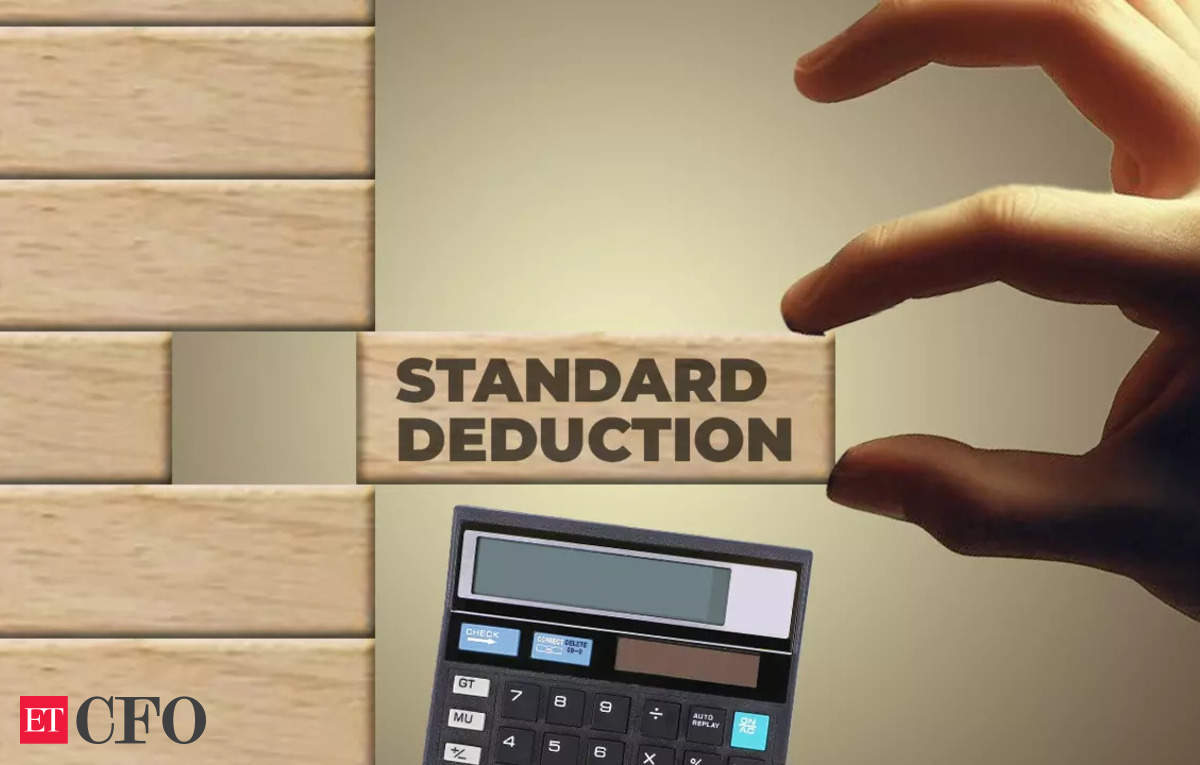
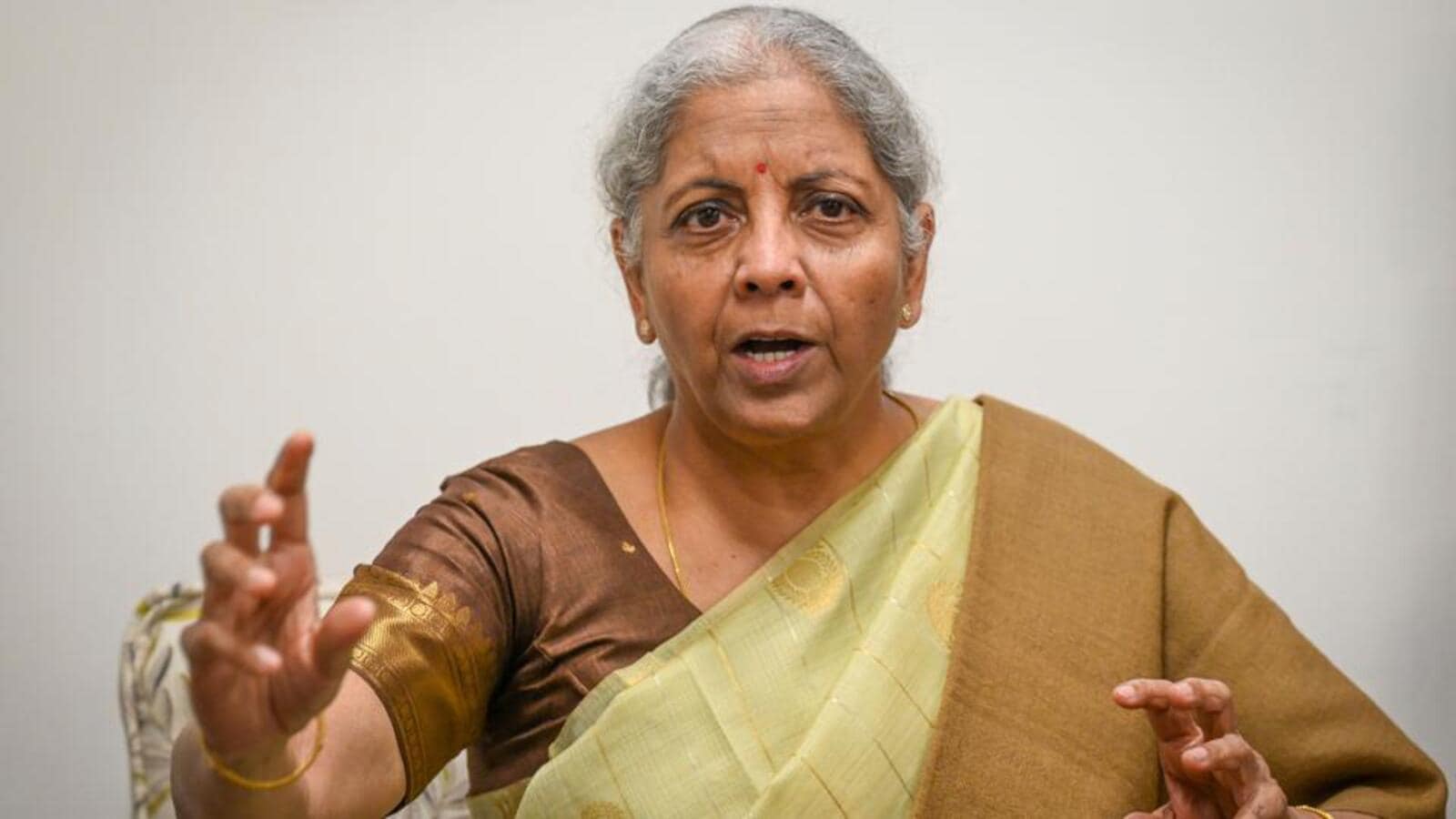

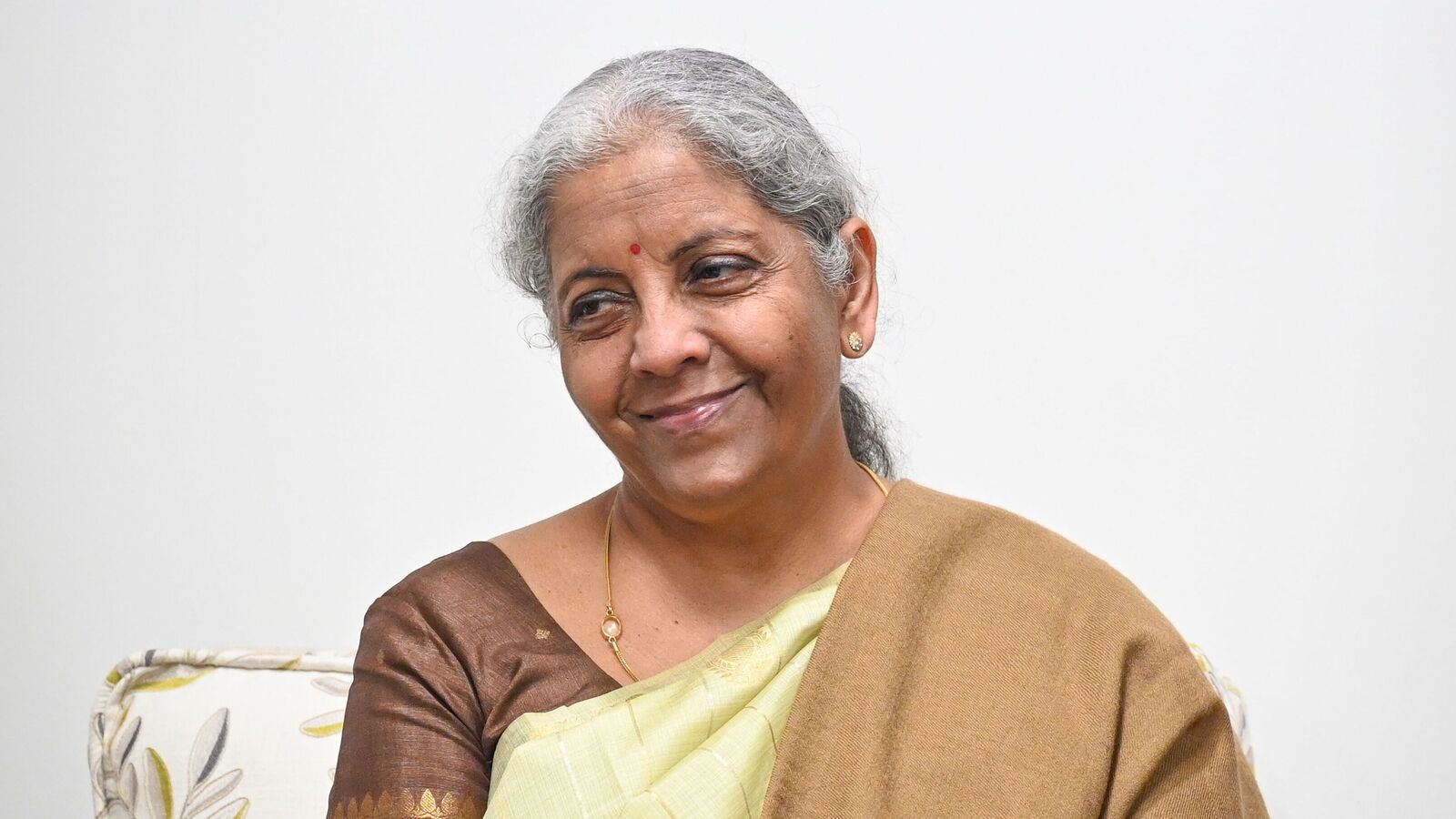


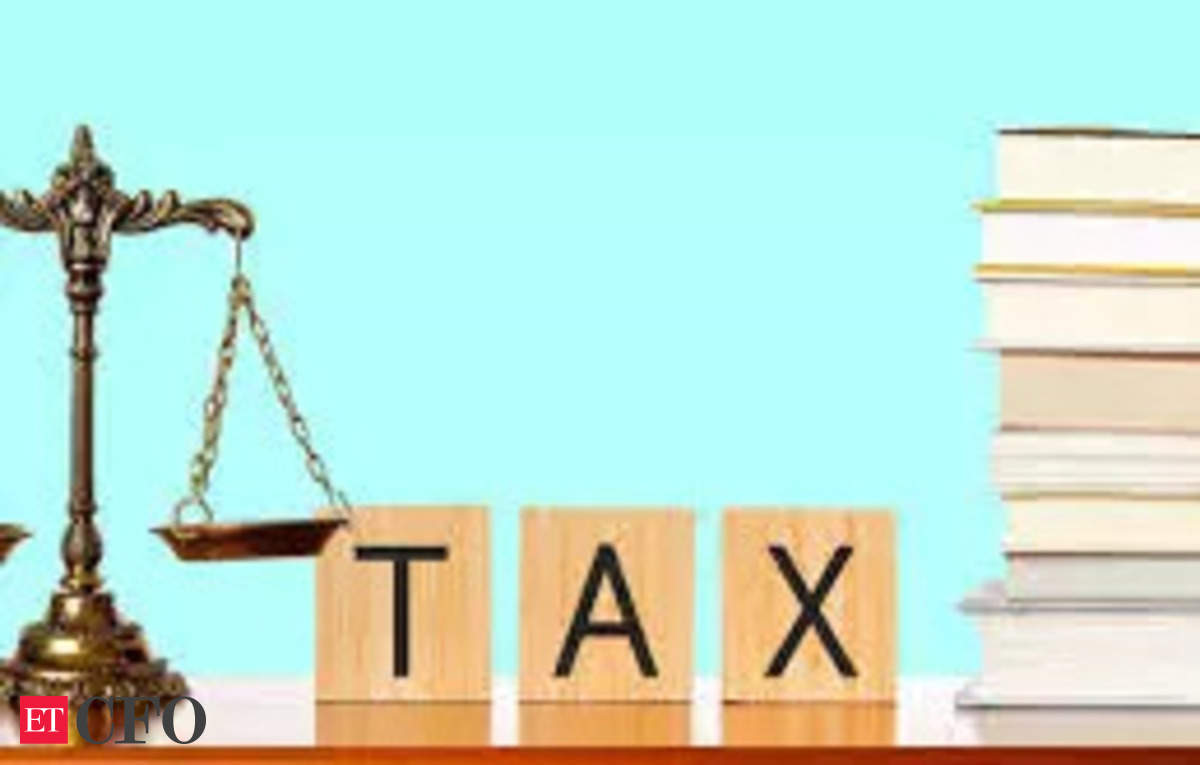
Very informative
Sir i have pass B. COM GDC&A now persuing LLB & DTL give me full information about taxation accounting, auditing,, after my LLB completed I hope became CA